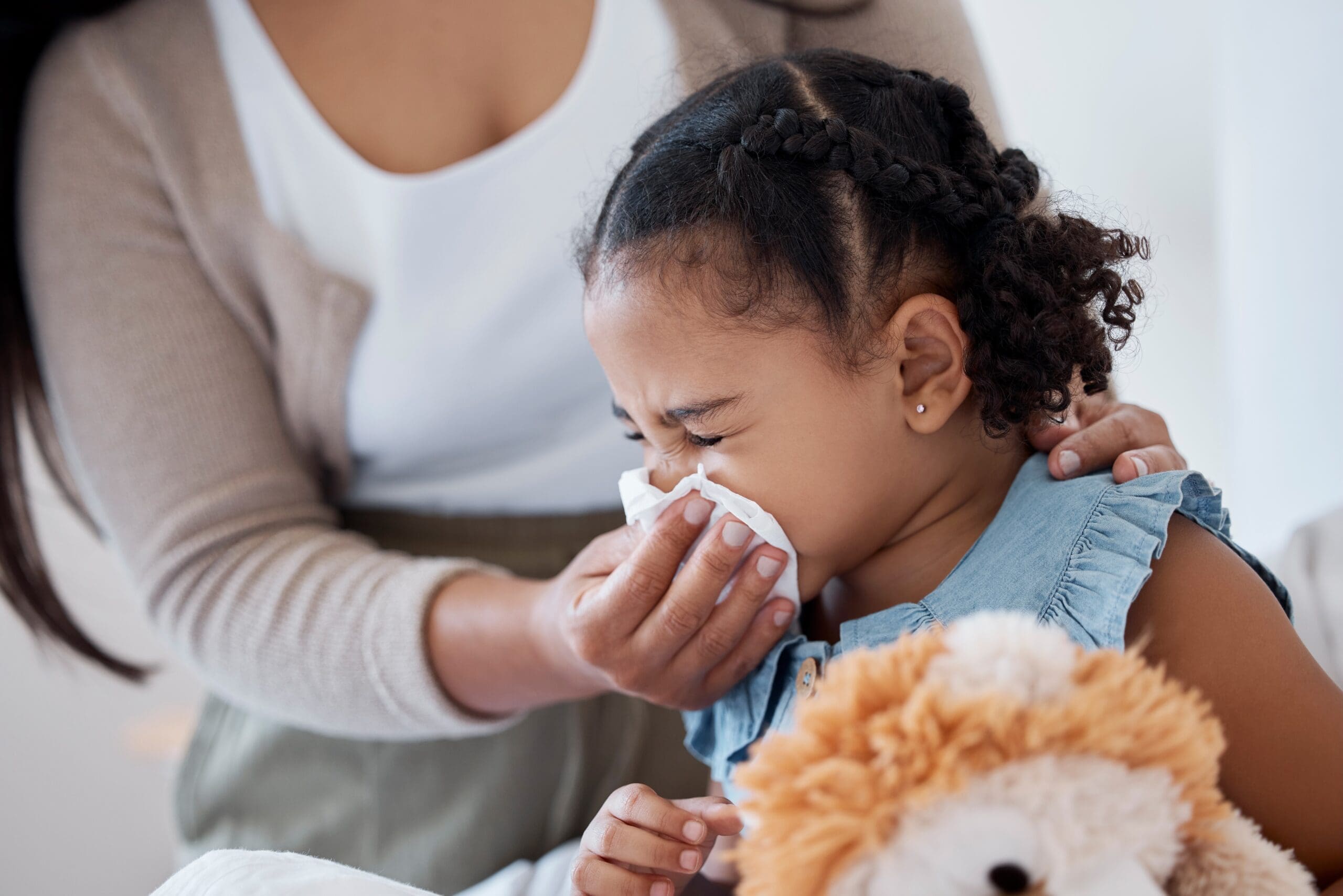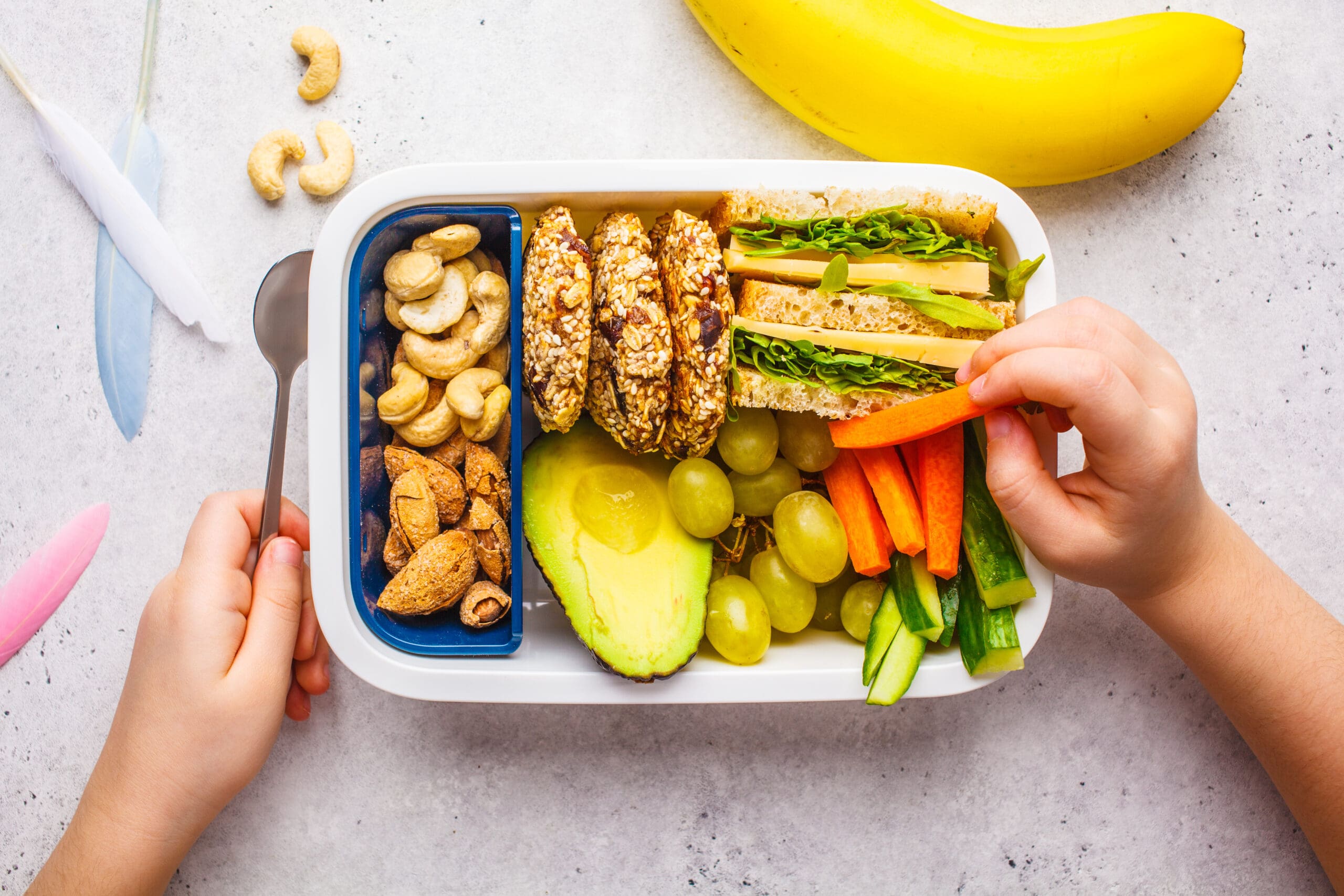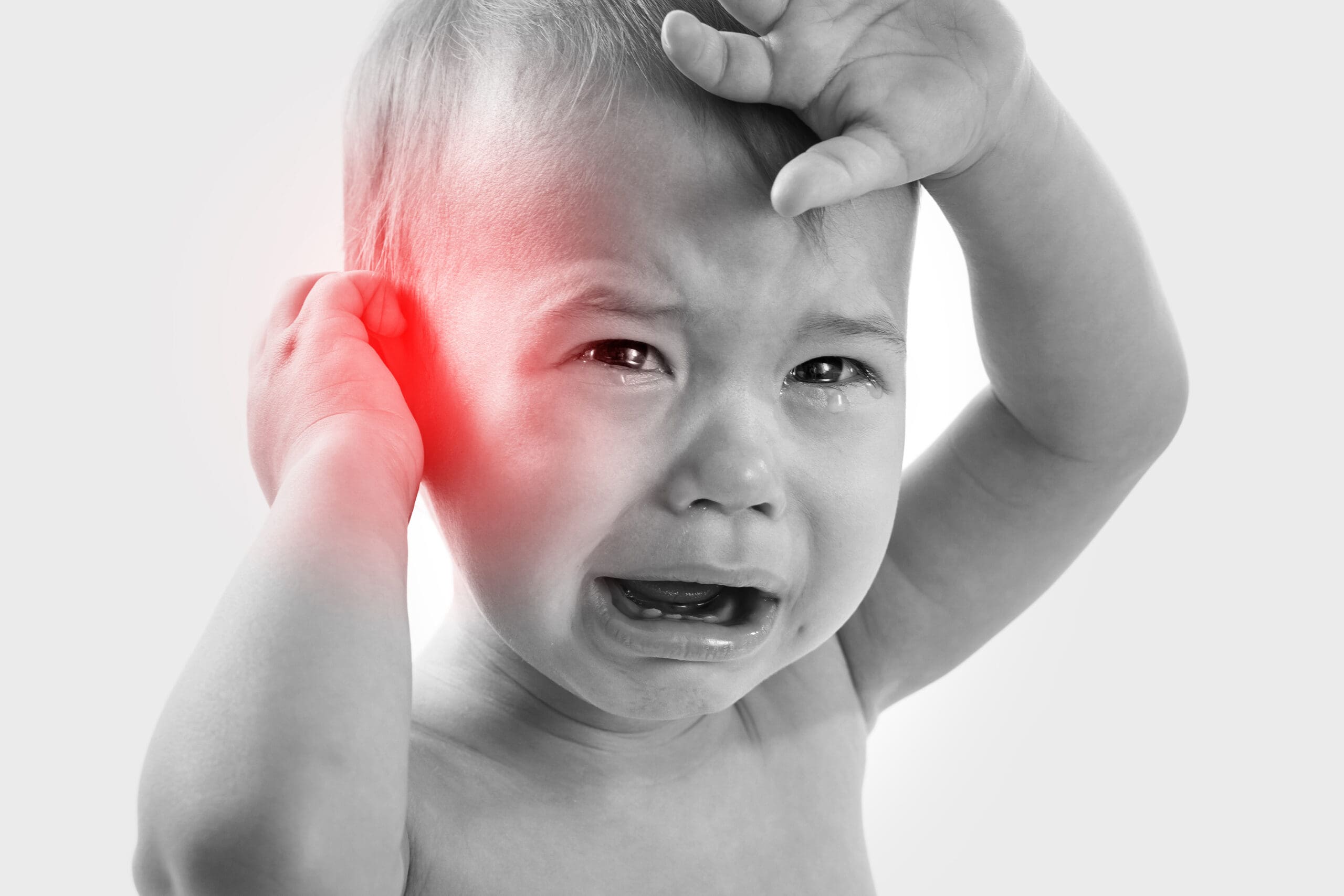by Dr Sandra Cabot
The leading cause of liver failure in children in the developed world is the use of excess doses of paracetamol.
In some countries, including the USA, paracetamol is known under the name of acetaminophen. The best known brand is Tylenol.
Parents often self medicate their children with paracetamol believing it is safe because it is available over the counter without a prescription.
In reality, paracetamol containing medications should bear a large warning on their label saying BEWARE THIS DRUG CAN BE A LIVER POISON AND CAUSE LIVER FAILURE.
Paracetamol can be particularly dangerous in infants and children under 5 years of age. These very young children have an immature liver without fully developed detoxification functions. In children with a fever (high temperature), paracetamol is more dangerous, because the increased body temperature increases the production of toxic breakdown products of the paracetamol. Overdose is more likely if paracetamol is given every 2 or 3 hours or for more than 48 hours. It is vital that parents do not mix multiple medications containing paracetamol, such as found in anti-fever medications, pain relievers and cough medicines. It is very easy to overdose a child on paracetamol and severe cases of liver failure induced by paracetamol have required liver transplant and have even resulted in death of the child.
Doctors should be careful and more cautious in recommending paracetamol to treat children with a viral illness or any infective illness causing fever. This is especially so because there is no good evidence existing to show that paracetamol is any more effective in reducing fever than doing nothing or giving a placebo.
Did you know the TGA (Therapeutic Goods Administration) issued a warning this week over incorrect dosing of a children’s Panadol product? The TGA has become aware that some people are confused about how to use measuring syringes supplied with Children’s Panadol 1-5 Years Colourfree Suspension. The TGA has expressed concern that incorrect measurements have the potential to lead to accidental overdoses.
In any child with a fever it is obviously important to see a medical doctor for a physical examination and to see if any pathology tests are required. If no serious infection is found and the mother takes her child home, putting the child in a tepid bath and sponging the skin with water is usually very effective. It is also critical to keep the child well hydrated.
The good thing about nutritional medicine is that is has scientific evidence to help your child’s innate immune system and is much safer than using paracetamol. You cannot put your child at risk, and provided you have first checked in with your own doctor, you will not miss anything serious.
References: Archives of Diseases in Children 2014









Leave A Comment